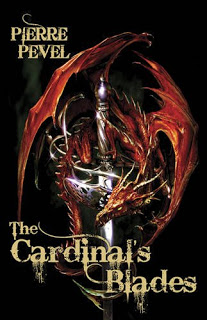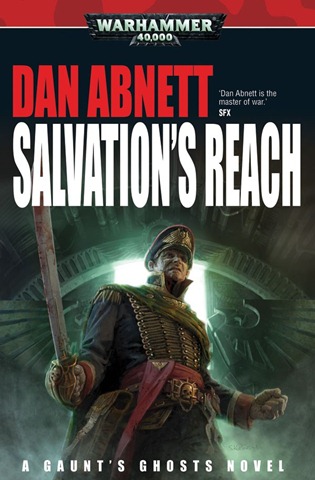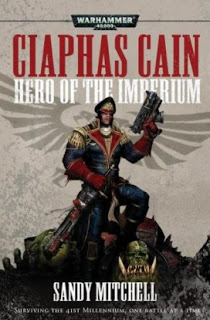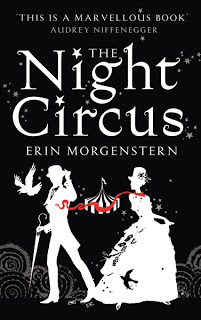I considered doing these as separate posts, but considering that I read them more or less one after the other, I didn’t see the point. (Delay only due to shipping times)
So there are two books here: Ciaphas Cain: Hero of the Imperium and Ciaphas Cain: Defender of the Imperium. As you may have guessed, they’re about Ciaphas Cain. The books are actually both omnibuses, collecting six novels and five short stories between them.
Ciaphas Cain is a Commissar of the Imperium. He is respected by the soldiers he serves with, honoured by Generals, a friend of the Warmaster, an ally of the Inquisition, and generally has a fairly decent life. Well, apart from the fact that everyone’s shooting at him. The thing is, is that Ciaphas is a bit of a coward. Every time a fight’s about to break out, he finds an excuse to go somewhere else. He’s spent his entire life trying not to get killed (a tricky job for a Commissar). Because of this, he’s ended up liked by the soldiers he looks after (because if they like you, they’re less likely to shoot you by “accident” during combat) and has found a large number of enemy holdouts, secret rituals and nests by looking in the place he thought they wouldn’t be (because if they weren’t there, he wouldn’t get shot at).
Lauded a hero because of his string of wins due to luck and accident, he ends up trapped in the role, finding that he has to maintain the façade of being a hero in order to not suffer that friendly fire incident later on. On the bright side, this means that he regularly dines with the finest officers in the Guard, and can usually get away with some plush assignments. On the other hand, when you’re an experienced hero, they keep wanting to send you into danger as well…
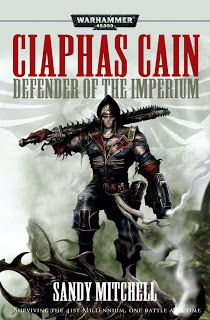
The books represent Ciaphas’ memoirs, which have been put into some sort of order by Inquisitor Amberley Vail. They tend to ramble, and be rather self-centred, but that adds to the charm. The books are a reminder that even in the grim future of the 41st millennium, there can still be humour. Cain is a likeable character, and it’s easy to emphasise with him and some of his ordeals. The excerpts added to his memoirs to flesh out parts that he’s missed (like the entire rest of the war) add a side note to that as well. Vail’s commentary is also a feature I liked, especially her fervent hatred of ex-soldiers making memoirs by battering the language into submission until it says roughly what they want it to (Cain not being among these).
If you like Warhammer 40,000 and you don’t mind a bit of humour in your grim future, then I’d recommend these to you. If you’ve not tried reading 40k novels before, I’d say they wouldn’t be a bad place to start.
ETA: So, I might have left out why I liked the books. They’re funny, Amberley’s snide comments are often hilarious, and they’re a reminder that not everything is about war, and not everyone in the 40k universe is a professional soldier (even when they are a professional soldier). The books could have been written in a third-person point of view as would be normal, but that wouldn’t be as entertaining. This isn’t Cain’s biography, this his his collected memoirs – the truth behind the hero where he tells you all of his flaws and how his greatest victories have often been achieved out of a desire to save his own skin.
He raises an army to free a planet in order to provide more meatshields to hide behind. He finds the safehouses of cultists by going to the least likely target so he’s less likely to get shot at. He stumbles upon a genestealer infestation by going to check a soldier’s story about being at a brothel. It’s his failings that make the stories enjoyable, and it’s his frank retellings (including his opinions of other officers) that make it worth reading.
